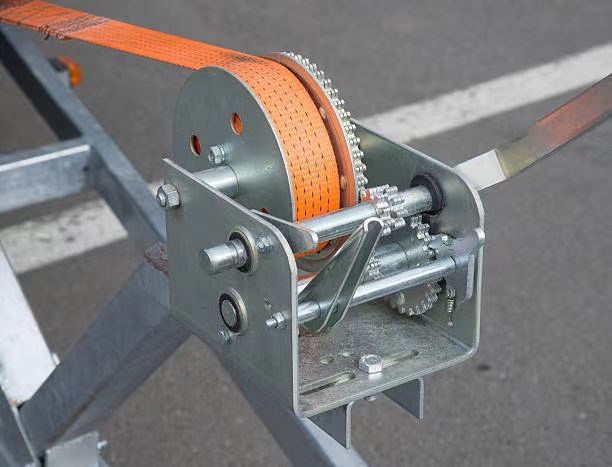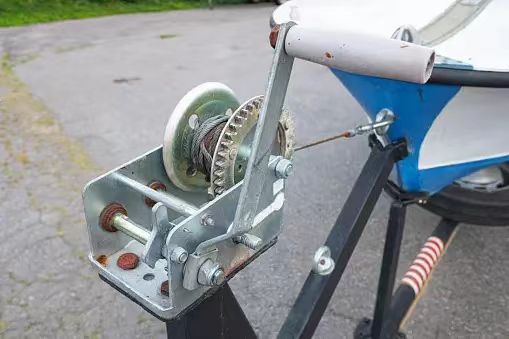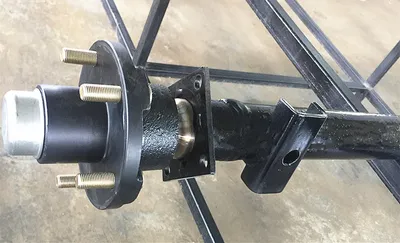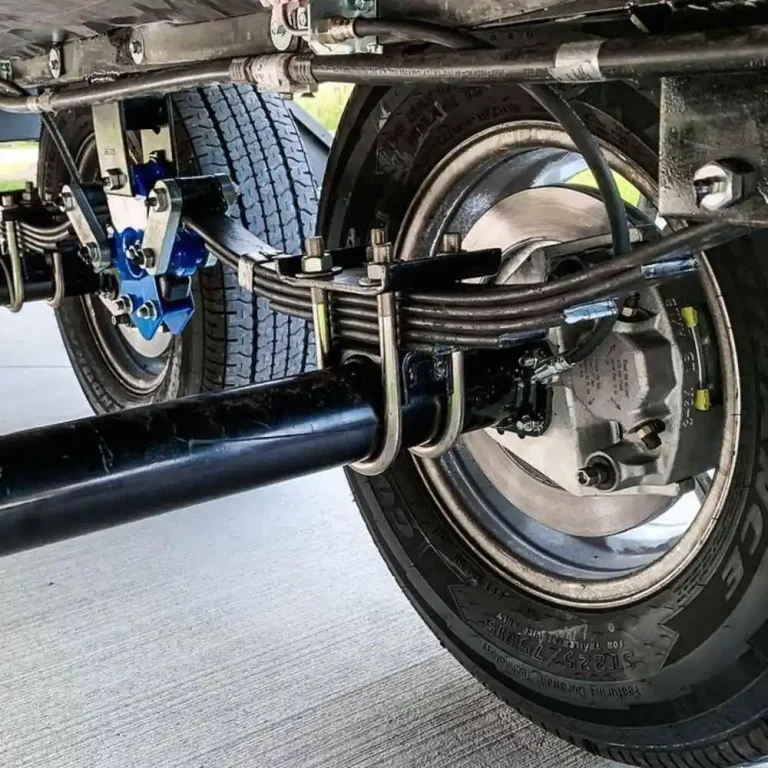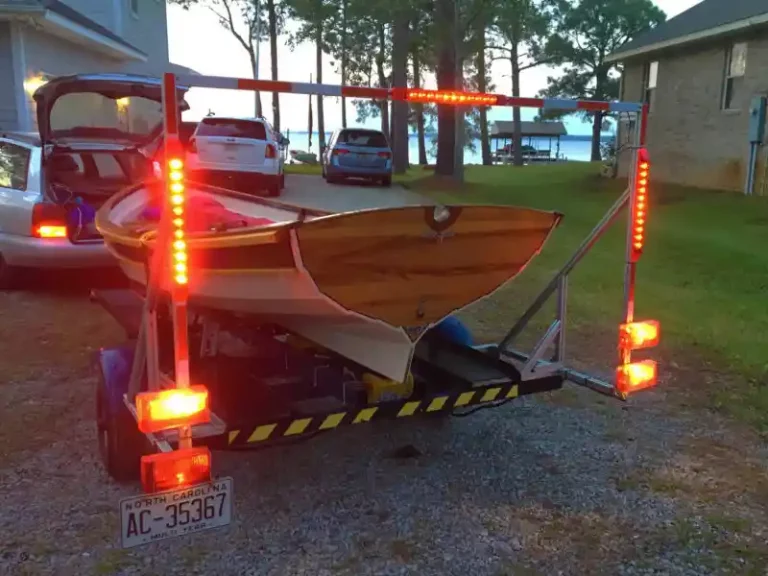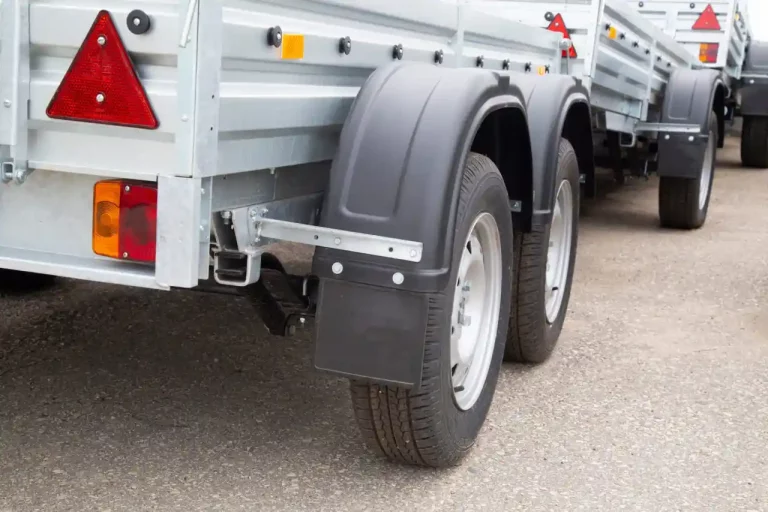What is a Boat Trailer Winch?
A boat trailer winch is a useful tool that makes it simple for boat owners to put and take off trailers with their boats. Knowing what a boat trailer winch does can make your fishing experience much better, no matter how much experience you have. You can load boats without putting yourself at extra risk or strain with this piece of gear. It makes sure that everything works well and safely.
Definition and Purpose
A boat trailer winch is a mechanical device typically mounted on a boat trailer. Its primary function is to pull the boat onto the trailer or let it off smoothly. Operating with either a manual crank or electric power, a boat trailer winch utilizes a spool of cable or synthetic rope to manage the boat’s movement. This tool not only makes the work easier, but it also makes it safer by lowering the chance of handling the boat incorrectly.
Types of Boat Trailer Winches
When it comes to boat trailer winches, there are two main types: manual winches and electric winches. Each type has its own perks and features that make it fit different wants and tastes.
Manual Winches
Manual winches, as the name suggests, operate using a hand-crank mechanism. People like these winches because they are easy to use and last a long time. They work best on smaller boats. They do not rely on a power source, which means you won’t have to worry about battery life or electrical issues. Despite being labor-intensive, manual winches are often favored for their reliability and straightforward design.
Electric Winches
Electric winches, in contrast, are powered by a motor and controlled through an electric switch. These winches are great for bigger, heavier boats where pulling them by hand would be hard on the body. Electric winches provide significant pulling power and require minimal effort from the user. Although they are more expensive and necessitate a power source, the convenience and strength of electric winches make them a popular choice for many boating enthusiasts.
How to Choose the Right Boat Trailer Winch
Selecting the perfect boat trailer winch involves considering various factors that match your specific requirements. You can make sure that the winch you choose meets your fishing needs well by carefully looking at these factors.
Consider the Weight of Your Boat
One of the most critical factors when choosing a boat trailer winch is the weight of your boat. It’s essential to select a winch with the appropriate load capacity to handle your boat’s weight comfortably. Generally, the winch should support at least twice the dry weight of the boat for optimal performance. Overloading a winch not only reduces its efficiency but also increases the risk of damage and accidents, making this consideration paramount.
Assess the Frequency of Use
Another key aspect is how often you plan to use your boat trailer winch. If you frequently load and unload your boat, investing in a high-quality, durable winch can save you time and effort in the long run. Frequent usage typically warrants an electric winch, which offers ease of operation and reliability. Conversely, for occasional use, a manual winch can be a cost-effective and practical choice.
Evaluate Durability and Material
The quality and durability of your winch are very important for making sure it lasts a long time. Winches are exposed to harsh weather conditions, saltwater, and heavy loads, so opting for rust-resistant materials like stainless steel or galvanized metal is advisable. Additionally, a well-built winch with top-notch parts will likely last longer and work better, giving you more value for your money.
Check for Additional Features
Modern boat trailer winches often come with additional features designed to enhance functionality and ease of use. Automatic stopping systems, wireless remote handles for electric winches, and coatings that don’t rust are some of the things you should look for. By making it safer and easier to use, these improvements can make your winching experience a lot better.
Go Trailer Parts is a skilled company in Qingdao, China, that makes trailer parts. They have a lot of high-quality lifts for trailers. Going Trailer Parts has been in the trailer tire and wheel business for more than 15 years and is known as a reliable source in the field. Their winches are made to provide reliable and effective ways to tow in a variety of situations.
When it comes to quality and efficiency, Go Trailer Parts only makes and sells winches that meet the greatest standards. In Qingdao, China, there is a skilled business called Go Trailer Parts that makes trailer parts. There are many good lifts for trucks there. For more than 15 years, Going Trailer Parts has sold trailer tires and wheels and is known as a reliable source in the field. Their winches are built to be stable and useful for a wide range of towing conditions. Additionally, during off-road trips or expeditions, the winches can be utilized to tow vehicles out of challenging situations in muddy or rough terrains. 1500lbs Wire Rope Winch, 2000lbs Electric Winch, 3500lbs Electric Winch, and many other winches of Go Trailer Parts are all popular and ideal options for winch consumers.
By thoroughly considering these factors, you can choose the right boat trailer winch that will serve you well and contribute to a seamless boating operation.
Installing Your Boat Trailer Winch
Installing a boat trailer winch correctly is crucial to ensure its functionality and safety. Here’s a step-by-step guide to help you through the process.
Step-by-Step Installation Guide
Preparing the Trailer
Before you start the installation, ensure that your trailer is on a flat, stable surface and adequately supported to prevent any movement. Clear any debris or obstructions from the installation area. Wear appropriate safety gear, including gloves and safety glasses, to protect yourself during the installation. Gather all necessary tools and materials, such as wrenches, screws, bolts, and the winch unit.
Mounting the Winch
Begin by positioning the winch on the trailer’s winch post. Ensure it is aligned correctly with the centerline of the trailer and the bow of the boat. Secure the winch to the mounting plate using the provided bolts, nuts, and washers. Tighten all connections firmly but avoid over-tightening to prevent damaging the winch or its components. For electric winches, route the power cables safely, avoiding sharp edges and moving parts.
Securing the Boat
Once the winch is mounted, attach the winch cable or strap to the bow eye of your boat. Make sure the connection is secure and the cable or strap is free from twists and kinks. Use the winch to carefully pull the boat onto the trailer, ensuring it is aligned and centered properly. After the boat is loaded, secure additional safety chains or straps to keep the boat in place during transport.
Maintenance Tips for Longevity
Proper maintenance of your boat trailer winch ensures its longevity and optimal performance. Here are some tips to keep your winch in top shape.
Regular Cleaning and Inspection
Routinely clean your winch to remove dirt, grime, and salt deposits that can cause corrosion. Inspect the winch components for signs of wear, damage, or rust. Pay special attention to the cable or strap, gears, and mounting bolts. Address any issues promptly to prevent them from worsening.
Lubricating Moving Parts
Apply a suitable lubricant to the winch’s moving parts, such as the gears and spindle, to ensure smooth operation. Regular lubrication helps prevent rust and wear, enhancing the winch’s performance and extending its lifespan. Follow the manufacturer’s recommendations for the type and frequency of lubricant application.
Storing the Winch Properly During Off-Season
During periods of non-use or off-season, store the winch in a dry, sheltered location to protect it from environmental elements. Disconnect electric winches from the power source to avoid drainage of the battery. Cover the winch with a protective cover to keep dust and moisture out.
Common Issues and Troubleshooting Tips
Despite regular maintenance, you may encounter some common issues with your boat trailer winch. Here are troubleshooting tips to help you resolve them.
Jammed or Stuck Winch Cable
A jammed or stuck winch cable can halt your operations. First, check for kinks, knots, or obstructions in the cable. Carefully unwind and recoil the cable, ensuring it is evenly distributed on the drum. If the issue persists, inspect the winch’s internal mechanisms for blockages or damage.
Loose or Worn-Out Gear Teeth
Loose or worn-out gear teeth can compromise the winch’s efficiency and safety. Regularly inspect the gears for signs of wear or damage. If you notice any issues, replace the gears promptly to maintain proper functionality. A backup set of gears should also be kept on hand in case they need to be used right away.
Motor Malfunction in Electric Winches
For electric winches, a motor malfunction can be problematic. Check the power connections to ensure they are secure and free from corrosion. Test the motor by applying a small amount of electrical contact cleaner to the motor terminals. If the motor still doesn’t work, it may need professional repair or replacement.
Safety Tips While Using a Boat Trailer Winch
Safety should always be a priority when using a boat winch. Following these tips can help prevent accidents and ensure smooth operations.
Always Follow Manufacturer Guidelines
Manufacturer guidelines provide essential information about the safe and proper use of your boat trailer winch. Always read and adhere to these instructions to avoid mishandling and potential accidents. Following the guidelines also helps maintain your winch’s warranty.
Use Proper Lifting Techniques
When manually operating a winch, use proper lifting techniques to avoid strain and injury. Always maintain a stable stance, use both hands on the crank handle, and avoid sudden jerking motions. If the load is too heavy for manual operation, consider using an electric winch instead.
Inspect Cables and Straps Before Use
Before each use, inspect the winch cable or strap for signs of wear, fraying, or damage. A compromised cable or strap can snap under load, posing a serious safety hazard. Replace any damaged components immediately to ensure safe winching operations.
Wrapping it Up: Key Takeaways on Boat Trailer Winches
Understanding and choosing the right boat trailer winch is crucial for safe and efficient boat handling. Consider factors like boat weight, frequency of use, and material durability when selecting a winch. Proper installation, routine maintenance, and troubleshooting common issues can extend your winch’s lifespan and performance. Finally, always prioritize safety by following manufacturer guidelines, using correct techniques, and inspecting winch components before each use. By doing so, you can enjoy seamless and worry-free boating adventures.


